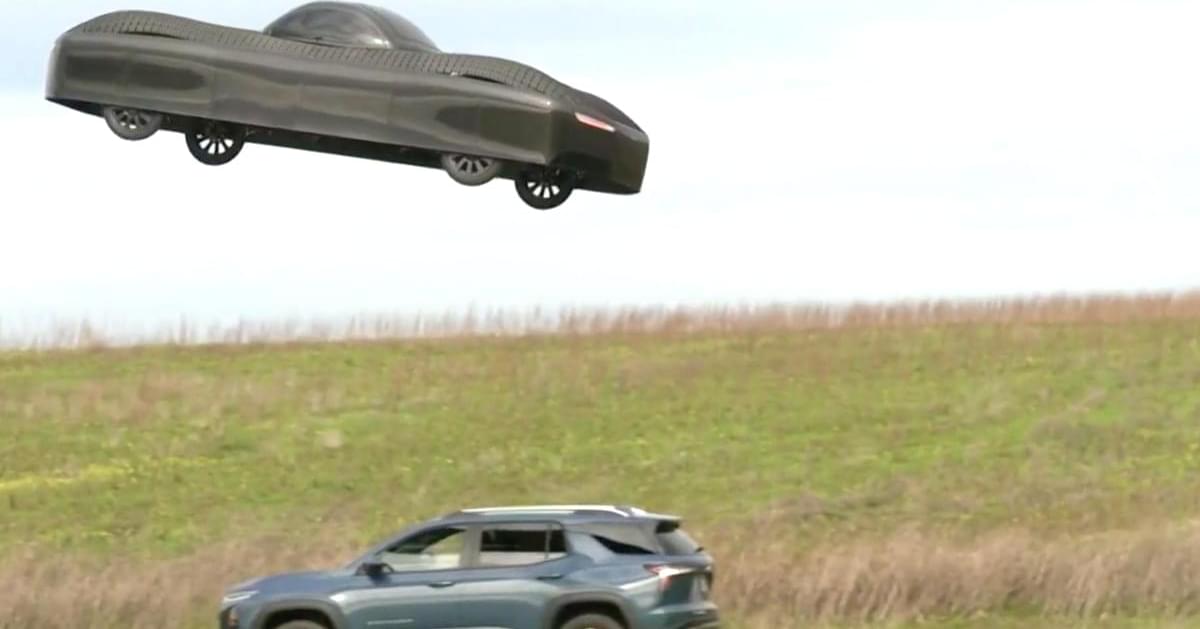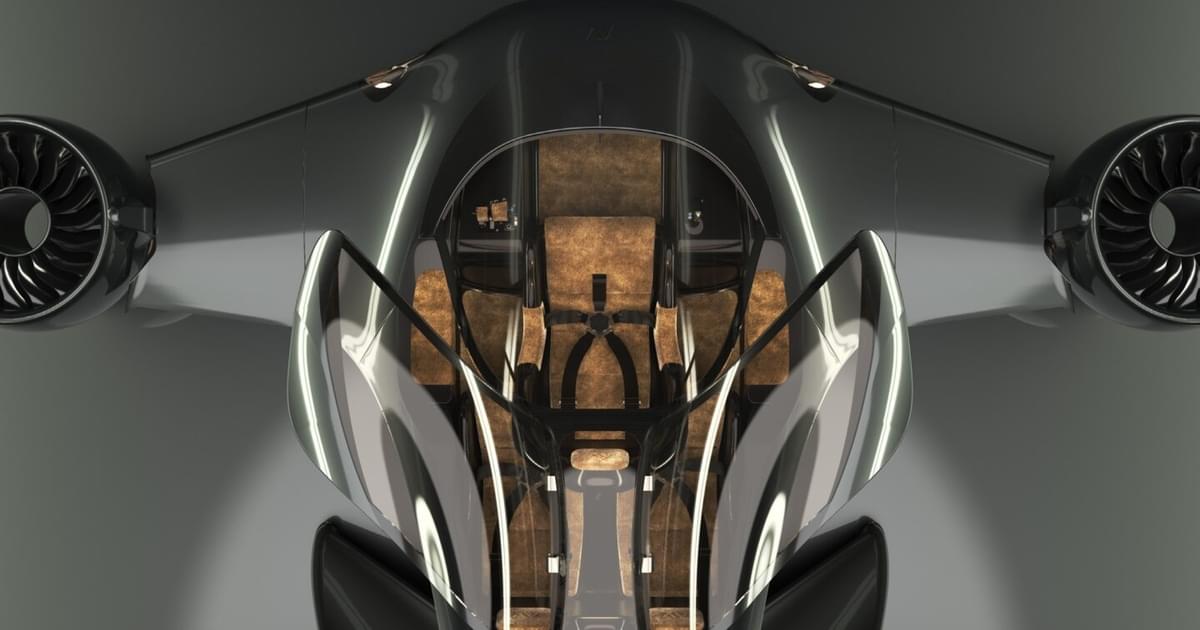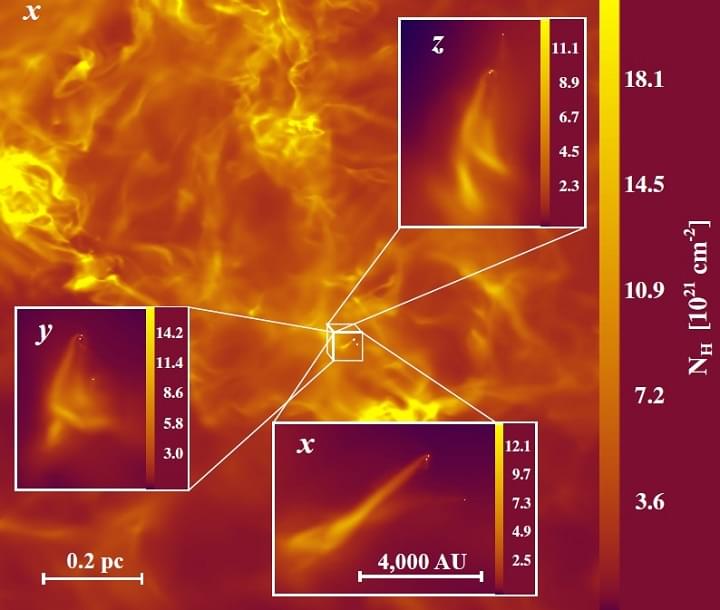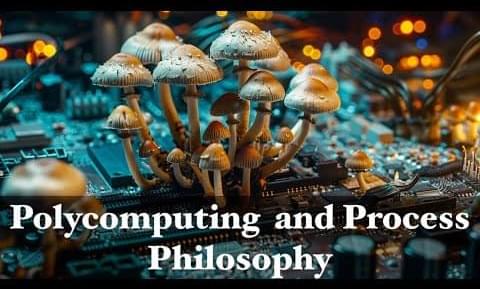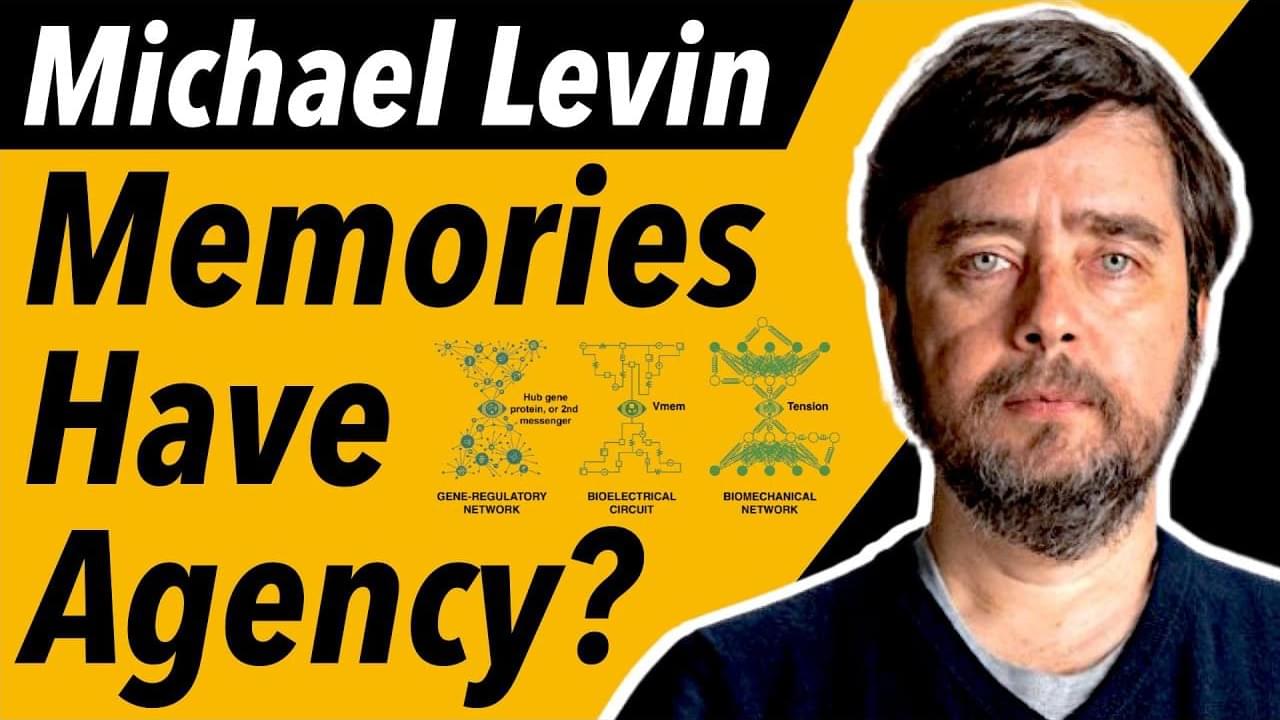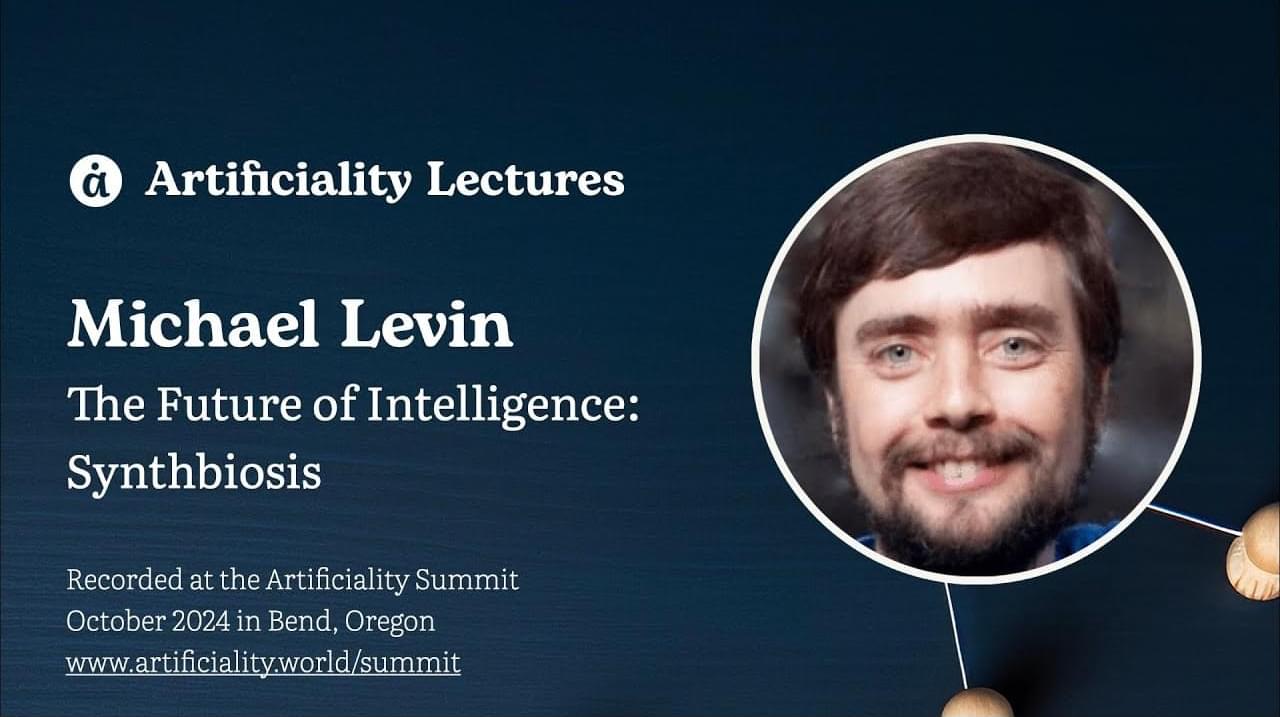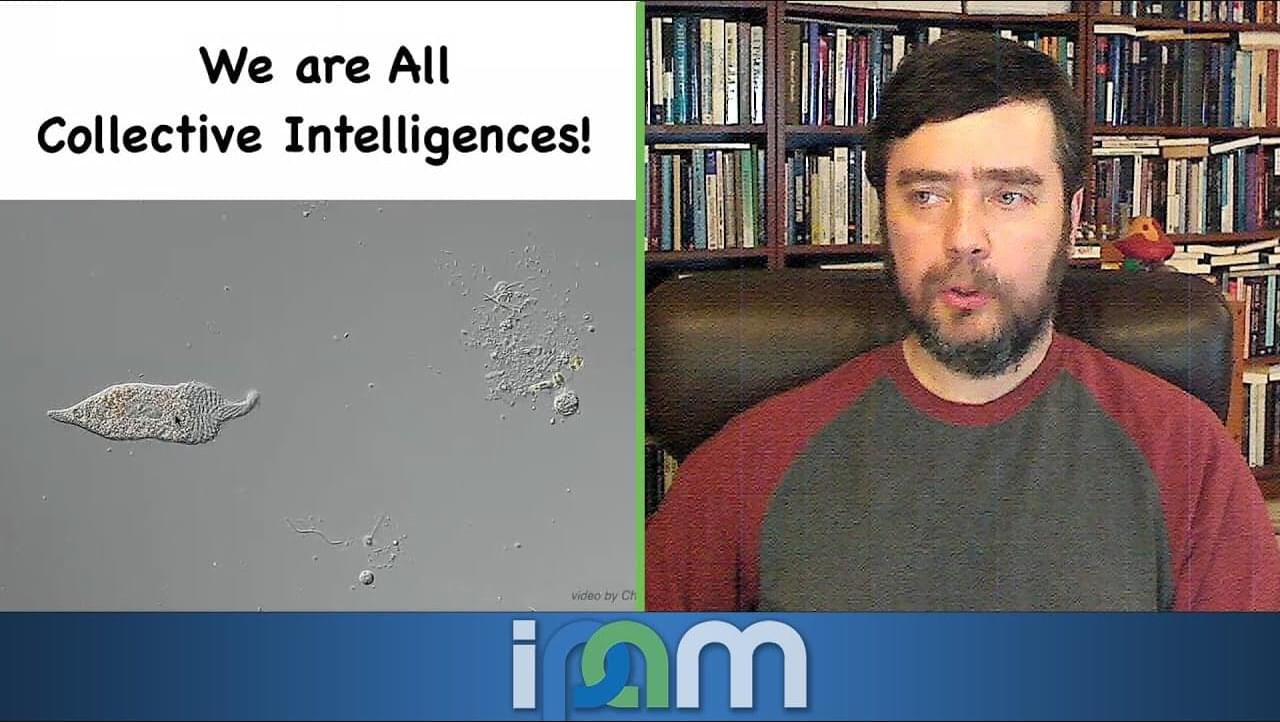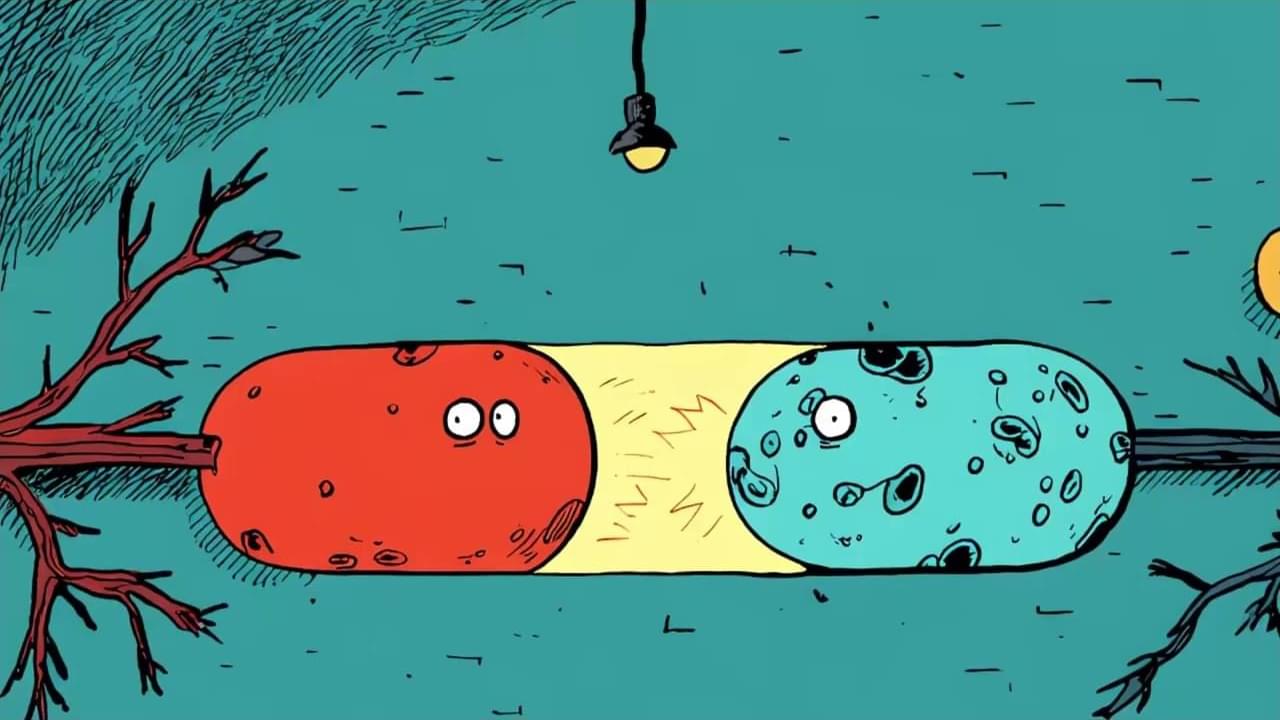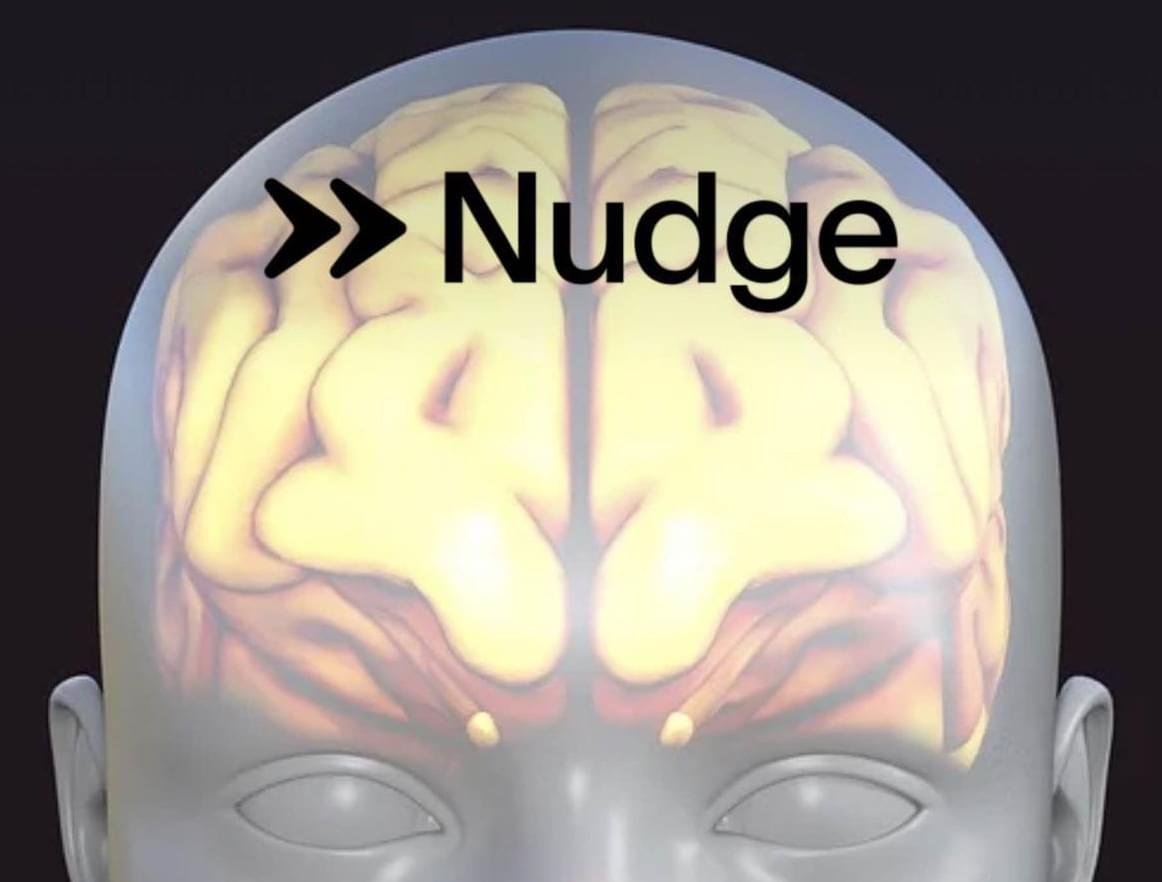San Mateo, Calif.-based Alef Aeronautics has unveiled the world’s first commercially available flying car, the Alef Model A.
A prototype model made a test flight on 19 February 2025 on a blocked-off road in California. According to Alef’s chief executive officer, Jim Dukhovny, the test was “the first documented verifiable flight of a flying car (an actual car, with vertical takeoff, non-tethered.)”
Much more than just a toy or a concept vehicle from science fiction, the Alef Model A has attracted significant interest and support, proving the validity and potential of its design. Its basic plan is that it can drive on the road like any car, have vertical takeoff and landing capabilities, and fly in a forward motion. The company also announced a goal for the vehicle to be “affordable for most people.”
